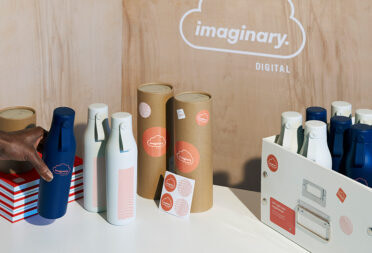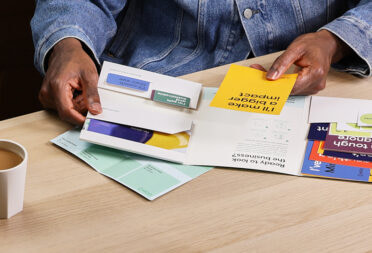The power of big ideas on small budgets
Because big doesn’t have to mean expensive.
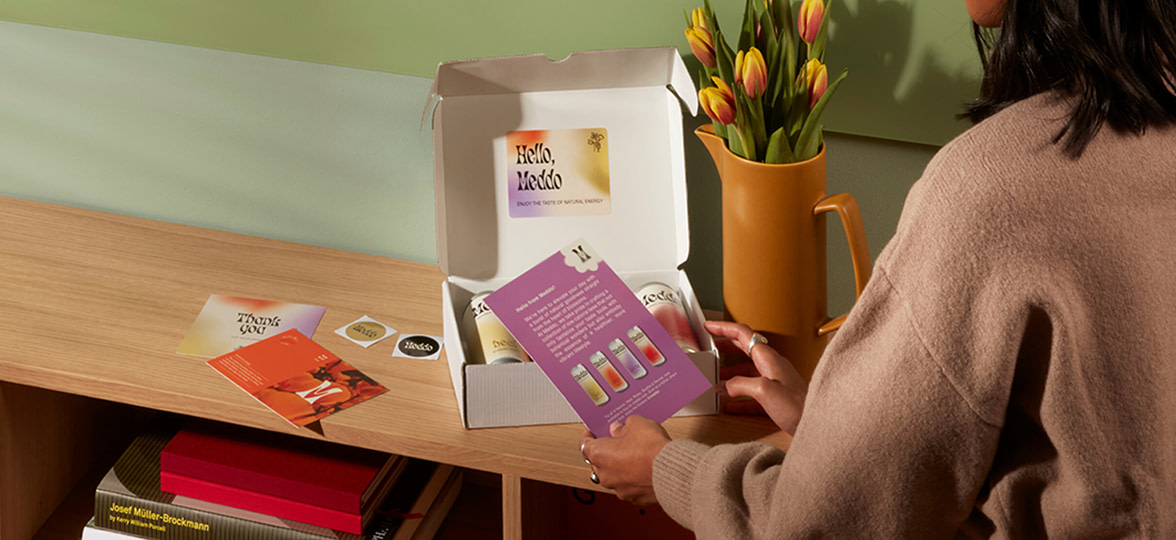
When it comes to getting noticed, it’s not always about the size of your wallet – it’s the size of your ideas that makes the difference. When funds are limited, it’s all about tapping into your other superpowers. Brands can transform limited resources into remarkable success stories by harnessing creativity and taking an innovative approach.
Read on to discover the movers and shakers who have accomplished big things on small budgets.
Cards Against Humanity – the power of (awkward) fun
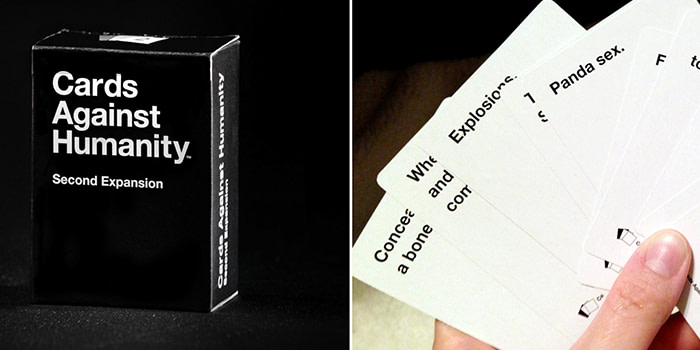
Cards Against Humanity, “a party game for horrible people”, turned their outrageous idea into a reality on a shoestring budget. The creators, a group of eight friends, initially offered their game as a free printable on their website but dreamed of making it a high-quality, boxed product. They launched the game through a Kickstarter campaign with a humble goal of $4,000. Within just two weeks, they surpassed their target, raising over $15,000 by the end of the campaign.
They tapped into the power of social media and word-of-mouth, turning every player into a marketer as they shared hilarious game moments online. The game’s edgy, crowd-pleasing content did the rest, sparking a viral sensation. Their success proves that a killer concept and savvy online presence can turn a small budget into a big success.
Spanx – the power of ‘do it yourself’
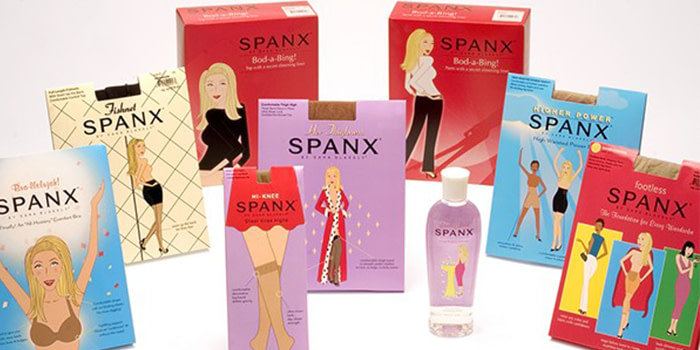
Sara Blakely founded Spanx, turning a simple idea into a multimillion-dollar empire. At 27, she crafted her first prototype by cutting the feet off her control top pantyhose, addressing a gap in the market for a smooth undergarment. With $5,000 from personal savings, she launched her business from Atlanta, handling all aspects herself — including writing and filing her own patent — to keep costs down.
Blakely made Spanx stand out with bright red packaging and bold straplines like ‘We put the power in your panties.’ Her unconventional sales tactics included persuading a department store buyer to join her in a restroom for a demo. Spanx grew to a $400 million sales figure by 2016 while maintaining 100% ownership without external investment. Blakely’s journey demonstrates how a brilliant concept, combined with determination, a DIY approach, and a dash of humor, can achieve extraordinary success.
GitHub – the power of community

GitHub, launched by Tom Preston-Werner, Scott Chacon, Chris Wanstrath, and PJ Hyett in 2008, is a prime example of how a small budget and a big community can spark incredible success. GitHub became profitable immediately after its launch by offering subscription services despite starting with only a few thousand dollars. The team skipped traditional offices in their early days, opting for remote work in San Francisco’s coffee shops.
GitHub stood out by prioritising community building. Their easy-to-use platform enabled seamless collaboration among developers, driving rapid growth. In 2012, GitHub landed a massive $100 million investment, propelling its expansion. By 2015, the company soared to a $2 billion valuation, demonstrating how community engagement and strategic funding can transform a startup into a tech giant.
Innocent Drinks – the power of creativity
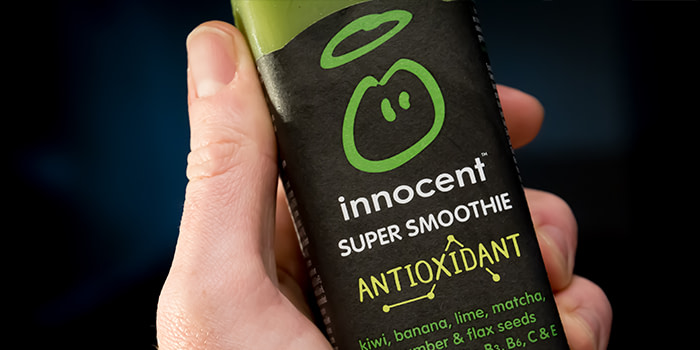
Richard Reed and his friends launched Innocent Drinks with a stroke of creativity, turning a simple hangover-inspired idea into one of the UK’s most beloved smoothie brands. They began by testing their concept at a London music festival, investing £500 in fruit to create 1000 bottles of smoothies. Their unique marketing strategy involved a stall with a sign asking festival-goers whether they should quit their jobs to pursue smoothie-making, with bins for “Yes” and “No” votes using empty bottles as ballots.
The overwhelming response in favour confirmed their business viability, prompting them to quit their day jobs and go all-in on Innocent Drinks. Their bananas idea caught the eye of Coca-Cola, which first bought company shares in 2009 before acquiring it in 2013. It just goes to show how creativity and outside-the-box product testing can lead to surprising success and industry acclaim, even with a tiny startup budget.
MOO empowers brands to do big things on small budgets
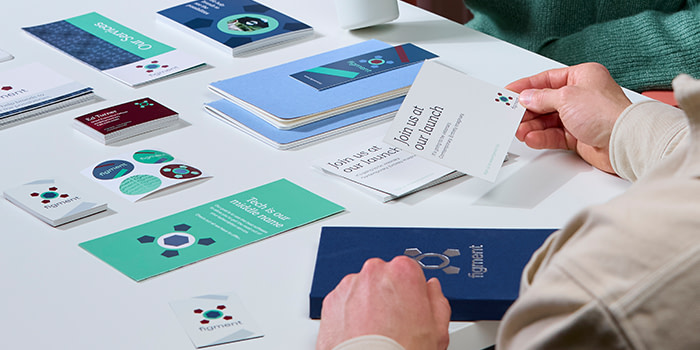
From just $99 a year, a MOO Business Plan is the ultimate game-changer for brands looking to make a big splash without spending big. From access to your own account manager, to professional design support, our in-house teams are ready to bring your ideas to life. And with fast turn-around times and exclusive savings on every order, you can dominate your industry without breaking the bank.
To find out more about our different account options, fill in our short form below and we’ll be in touch.
Keep in touch
Get design inspiration, business tips and special offers straight to your inbox with our MOOsletter, out every two weeks.

